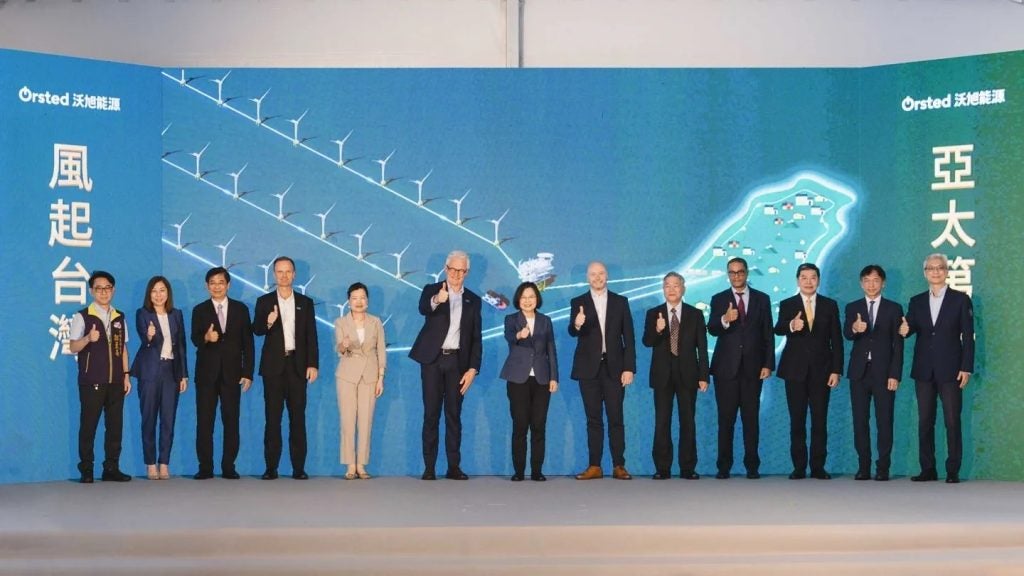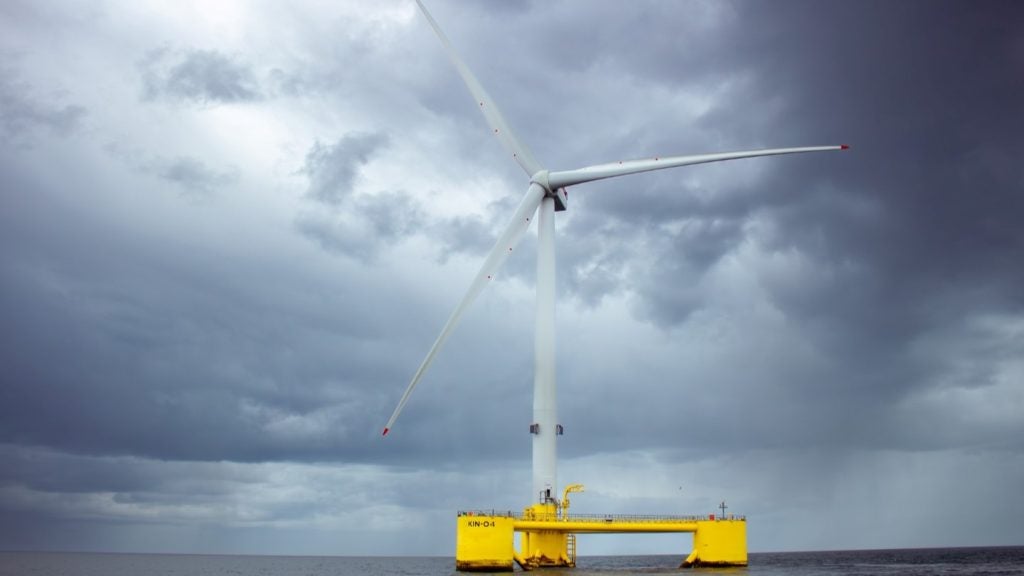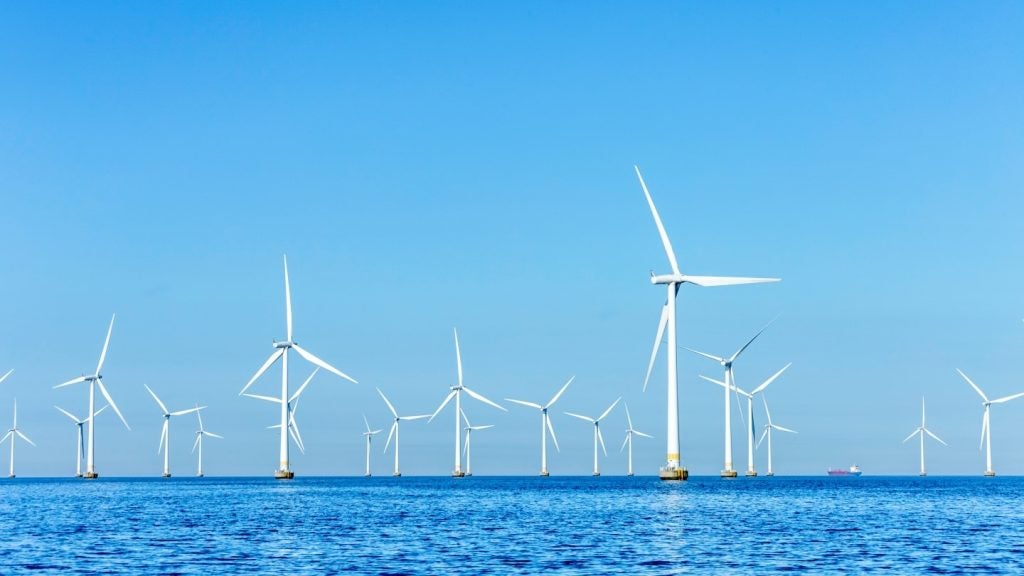RPS Energy and MCR have conducted research on behalf of the Offshore Renewables Joint Industry Programme (ORJIP) to evaluate the effectiveness of using acoustic deterrent devices (ADD) to protect minke whales during offshore windfarm development.
Managed by Carbon Trust, the new study has been funded by German company Innogy, Norway-based Statoil and Danish firm Ørsted.
Windfarm construction requires percussive pile driving for the installation of foundations. This activity increases underwater noise levels, which can be dangerous for animals such as whales and dolphins that communicate and hunt using sonar.
Current methods of detecting marine mammals near project sites include visual observations and passive acoustic monitoring (PAM). It was suggested that incorporating ADDs as a deterrent would prevent the animals entering areas with harmful subsea noise.
The research project results found that minke whales demonstrated a clear response to the tested ADD, displaying sustained movement away from the device installation site, as well as adopting faster swim speeds with more directed movement.
The whales also responded to the ADDs at distances that could prevent any harmful effects of subsea noise.
How well do you really know your competitors?
Access the most comprehensive Company Profiles on the market, powered by GlobalData. Save hours of research. Gain competitive edge.

Thank you!
Your download email will arrive shortly
Not ready to buy yet? Download a free sample
We are confident about the unique quality of our Company Profiles. However, we want you to make the most beneficial decision for your business, so we offer a free sample that you can download by submitting the below form
By GlobalDataCarbon Trust ORJIP ADD Project manager Olivia Burke said: “The results from this research are really exciting and are a result of many organisations working together to help shed light on this important area.
“The findings will help increase industry and regulator confidence in the use of ADDs to actively manage the protection of marine mammals during the piling phase of construction.”
The research results suggest that active acoustic systems allow windfarm developers to create temporary safety exclusion zones around turbines that adequately ensure the protection of whales, even in harsh conditions or poor visibility.
This also enables developers to avoid unnecessary delay in construction operations.
Previous researches noted the effective use of ADDs in deterring other marine mammals, such as seals and harbour porpoises.







